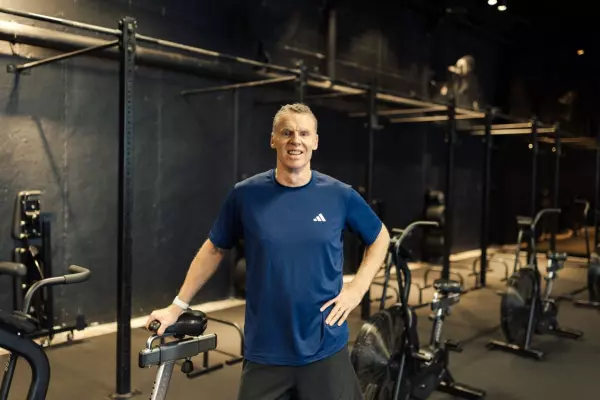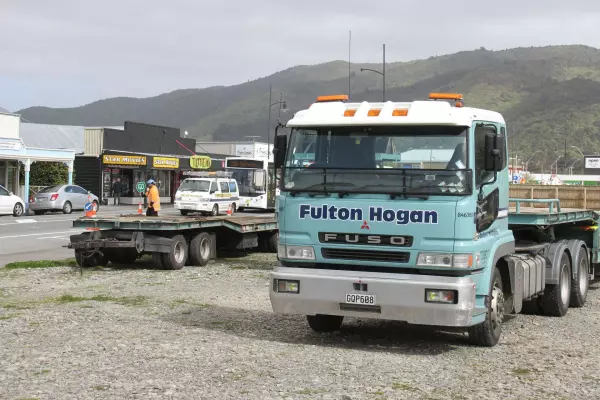Government organisations and their hiring stakeholders will need to up their game if they want to keep non-permanent and temporary workers, says a new report.
Nationwide recruitment group Accordant today released its 2022 future of work insights report, surveying 768 workers across the country.
Temporary workers and work were the main focus of the survey, with 51% of respondents saying they believed temporary workers delivered the same or higher value to an organisation as permanent workers.
The research found that organisations would benefit from “new, innovative, and flexible ways” when it came to recruiting and retaining both non-permanent and permanent workers, especially government organisations and entities.
“Since covid-19, we’ve seen an acceleration in the evolution of the workplace,” Accordant's chief executive, Jason Cherrington, said.
“What’s interesting is seeing the impact of covid-19 and the positivity towards temporary work – and how people feel that the ability to start work quickly was very important for them."
He told BusinessDesk that the biggest surprise the recruitment company had found in the data was the advocacy for non-permanent work, with 72% of respondents recommending non-permanent work to their family and friends.
The report also found that 53% of workers surveyed viewed non-permanent work more positively now than five years ago.
“The growing need for flexibility in the workplace is becoming increasingly important, not only to temporary workers but permanent employees as well,” Cherrington said.
Not enough work options
More than 46% of respondents felt they were being hired to deliver a range of work, while another 24% believed they were hired to provide much-needed skills and expertise.
A significant 53% of those surveyed thought they were having a positive impact on team culture.
However, only 43% felt they were being engaged by their companies to a “moderate level”, compared with 34% who believed they were fully engaged and adding new insight to the organisations they worked for.
The report found that 37% of respondents felt there weren’t enough temping, casual or fixed-term work options.
It also revealed that 51% of all temporary workers surveyed said there was a “harder pathway” when it came to career advancement, but the depth of experience that could be gained from a range of temporary assignments was more likely to “propel” them in tomorrow’s modern world of work.
“Employers are coming to terms with how best to tailor work to the changing environment,” Cherrington said.
“The organisations that can contribute to a more sustainable work environment will be better placed.”
Cherrington said New Zealand has a tight candidate market, which was driving employers to try to secure permanent workers and retain talent.
“Employers need to think about their value proposition and how they lock people into their organisation, beyond just the financial benefit. We know that people want more than that just now,” he said.
"The pandemic has made people feel like they need more flexibility in their lives.”















